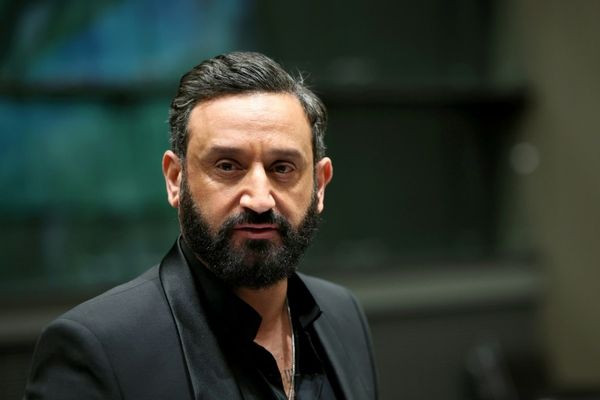AUSTIN, Texas — A Texas appeals court has again temporarily blocked the state from investigating parents solely for providing gender affirming care to their transgender children.
The 3rd Court of Appeals in Austin reinstated an injunction against the state’s child abuse investigations late Monday. A district court judge first issued the injunction on March 11, but the state said it could continue its investigations nonetheless because it immediately appealed.
The appeals court sided with the plaintiffs, including a state employee with a transgender daughter, in exercising its discretion to put the investigations back on hold. Texas Attorney General Ken Paxton, however, will likely continue to fight the injunction.
His office did not immediately respond to a request for comment Monday evening.
Identified in court by a pseudonym, Jane Doe is a state employee who says she was put on leave and investigated because her 16-year-old transgender daughter is undergoing medical treatment. She and Megan Mooney, a Houston psychologist, sued after Gov. Greg Abbott directed the Department of Family and Protective Services to open abuse probes into transgender youth receiving certain treatments.
Lambda Legal and the ACLU of Texas are representing the plaintiffs. Earlier this month, the plaintiffs’ lawyers called the attempts to continue its abuse investigations while the case is being litigated “baseless.”
“As we know, Attorney General Paxton has a troubled history following the law,” Paul Castillo with Lambda Legal told The Dallas Morning News. Paxton is under indictment for alleged securities fraud and FBI investigation for alleged bribery. “If any family is contacted by DFPS notwithstanding the trial court’s decision they should contact Lambda Legal’s helpdesk and/or the ACLU immediately.”
During a hearing on March 11, lawyers for the plaintiffs argued Abbott acted outside of his authority when he ordered the child protective services agency to investigate all reports of transgender minors accessing certain gender-affirming medical treatments. The directive came on the heels of a nonbinding opinion from Paxton that said such treatments, including puberty blockers and hormone therapy, were “child abuse” under state law.
District Court Judge Amy Clark Meachum agreed with the plaintiffs, adding they are likely to succeed at trial in arguing Abbott violated separation of powers and did an end run around state legislators by trying to unilaterally write state law.
This lawsuit is the first legal test for the state’s decision to investigate certain medical treatments for transgender minors, including puberty blockers and hormone therapy, as abuse.
Since Abbott’s order last month, nine investigations have been opened. The state’s largest children’s hospital has paused some gender-affirming therapies. Several families with transgender children have indicated they will move out of the state, and doctors, teachers and CPS workers have expressed concern and confusion over how to implement the order.
The state’s lawyer on Friday argued Doe and Mooney have not suffered consequences enough to challenge the order.
“All Jane Doe has been subject to is one meeting with an investigator” from the Department of Family and Protective Services, Assistant Attorney General Courtney Corbello said. Plaintiffs are “merely fearful” of harm “at this point.”
On Friday, Doe testified that she wished she’d never had to go before a judge to discuss the personal matters of her child’s health care. Her remarks were not broadcast online but reporters were allowed to listen to them in court.
Doe declined to answer many of the state’s questions based on her lawyers’ advice. She was asked about her daughter’s care, whether it had been altered and how she described it in text messages with her supervisor. Her lawyers expressed concerns that the state was using the hearing as a way to suss out details for their investigation into Doe’s family.
Corbello at one point broke one of the Doe family members’ anonymity in open court, which drew the ire of the judge, who warned the attorney about “another trick like that.” As Doe cried in the witness stand, Corbello repeatedly said she mistakenly uttered the name.
As a mental health professional, Mooney worried that continuing to refer minors for medical treatment could result in her losing her license.
“When our ethics and our laws are in conflict we take every effort to remedy that conflict. That is in part why I am here today,” she testified.
All of the major state and national medical groups support age-appropriate, individualized gender-affirming care to treat gender dysphoria in minors, which is the feeling of discomfort or distress that can occur in people who identify as a gender that is different from the gender or sex assigned at birth.
For children who have not reached puberty, mental health care is the primary form of treatment for gender dysphoria. Medical interventions like puberty blockers, which are reversible, and hormones should be explored only for youth who have experienced the onset of puberty and after undergoing mental health evaluation, according to best practices.
Surgery is not recommended until a patient has reached the legal age of maturity to give consent for medical procedures and has lived continuously for at least a year in the gender role consistent with their gender identity. In Texas, this consent starts at 18.
———







